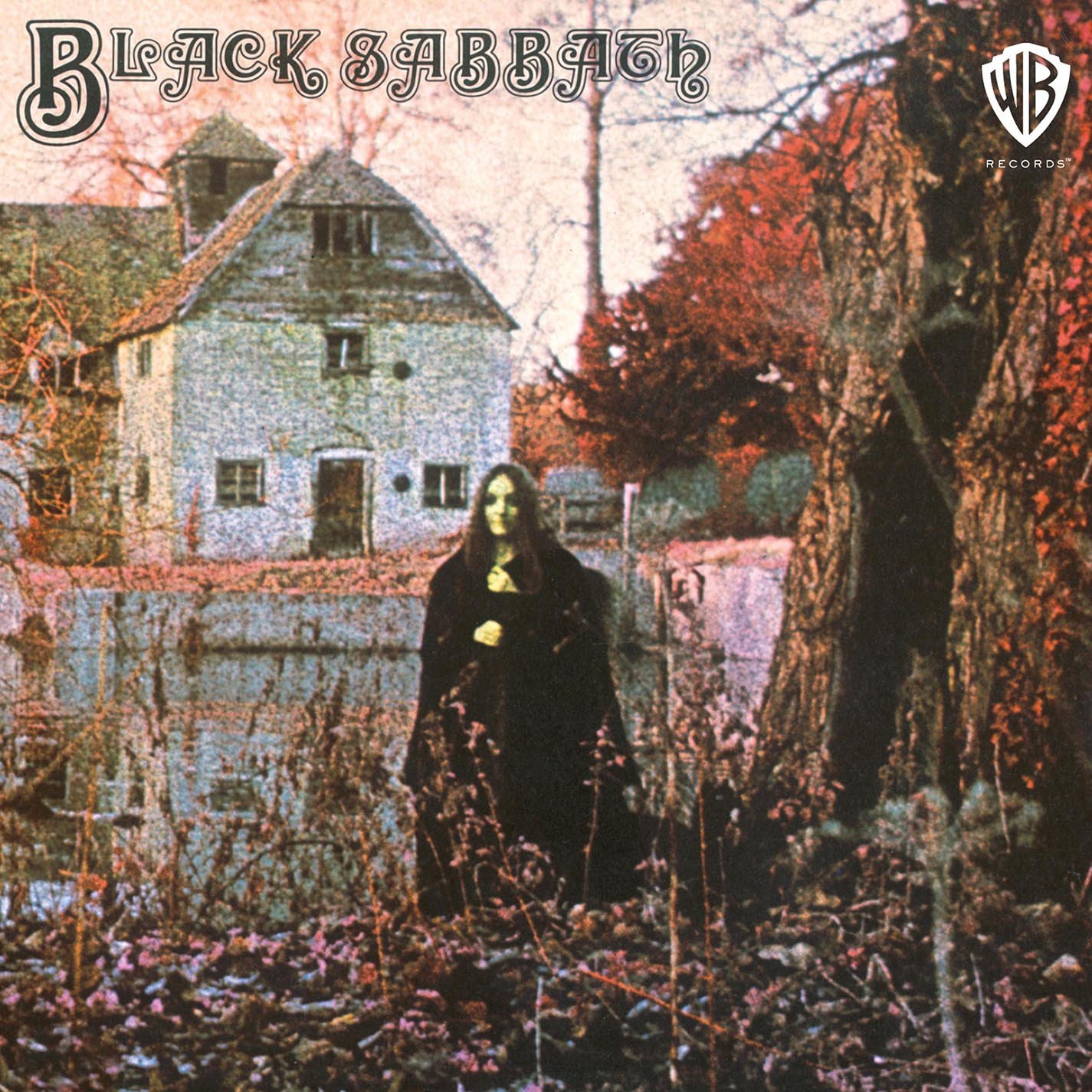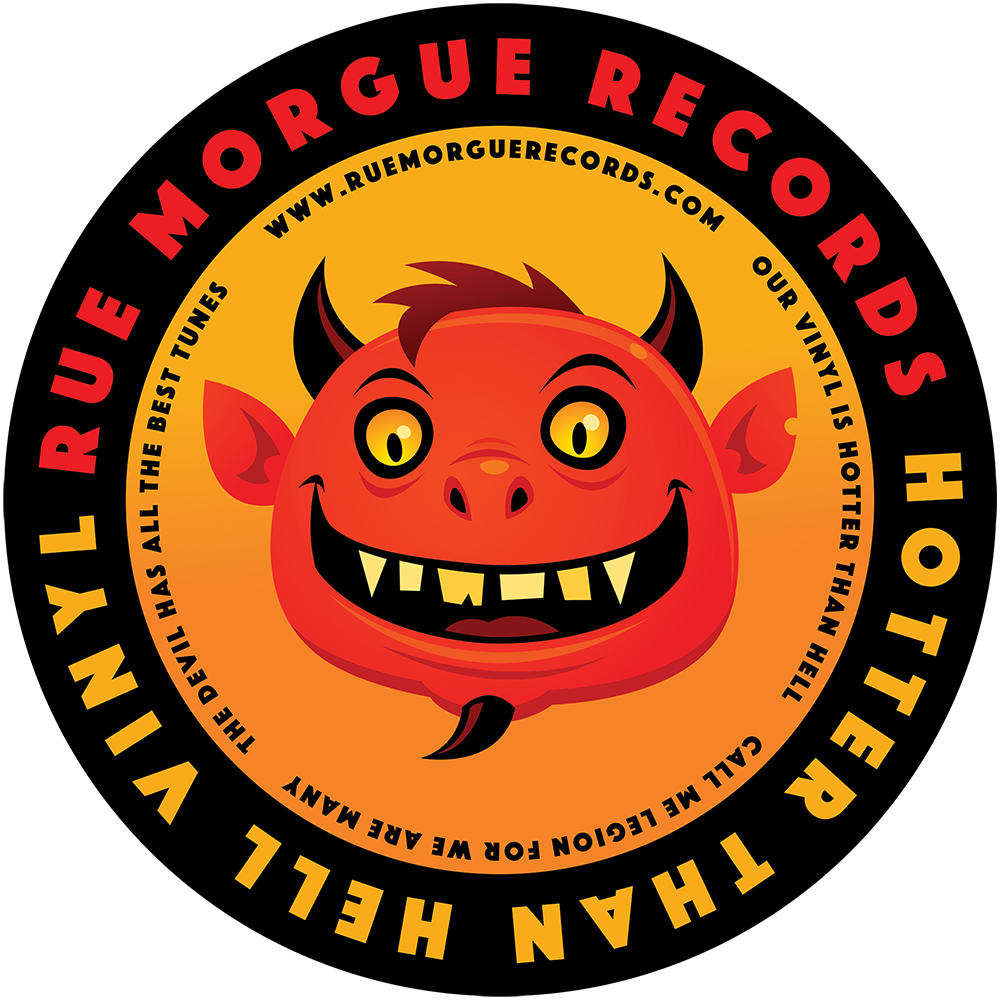When Black Sabbath released their self-titled debut album on February 13, 1970, they effectively altered the landscape of popular music. With its dark atmosphere, heavy riffs, and foreboding lyrics, Black Sabbath is widely regarded as the birth of heavy metal. Though heavy music had its precursors in bands like Led Zeppelin and Cream, no one before Black Sabbath had combined crushing instrumentation with such an overt sense of doom and macabre imagery. This record was not just an album but a blueprint for a genre.

Black Sabbath, 1970: Geezer Butler, Tony Iommi, Bill Ward, Ozzy Osbourne (Photo by Chris Walter)
The Music: A Journey into Darkness
The opening track, “Black Sabbath,” is the album’s most iconic piece. It begins with the sound of rain and a tolling bell, instantly setting an eerie tone. Tony Iommi’s use of the tritone (a musical interval historically referred to as the “devil’s interval”) creates an unsettling, otherworldly atmosphere. When Ozzy Osbourne’s haunting voice begins to narrate an encounter with a demonic figure, it feels as if the listener is being plunged into a gothic nightmare. This song alone solidifies the album as one of the darkest records of its time.
The rest of the album continues in a similar vein. Tracks like “The Wizard” showcase a blend of blues rock and nascent heavy metal. Bill Ward’s jazzy drumming and Geezer Butler’s rolling bass lines provide a rhythmic backbone that feels dynamic and alive. “N.I.B.” is another standout track, often interpreted as a love song from Lucifer’s perspective. Iommi’s guitar riff, heavy and hypnotic, lays the foundation for a song that would become a metal classic.
The album closes with extended blues-infused jams like “Warning” and “Sleeping Village,” which highlight the band’s roots while pushing the boundaries of traditional rock music. These tracks blend heavy, sludgy riffs with improvisational passages, further defining Sabbath’s unique sound.
Production and Atmosphere
Recorded in a single day on a modest budget, the rawness of Black Sabbath contributes to its charm and authenticity. The lack of polish works in the album’s favor, giving it an organic and unrefined quality that mirrors its themes of chaos and darkness. The production by Rodger Bain is sparse but effective, allowing the band’s natural chemistry to shine through.
Tony Iommi’s guitar tone deserves special mention. After losing the tips of two fingers in a factory accident, he had to down tune his guitar to make playing easier. This unintentional innovation resulted in a heavier, darker sound that became a hallmark of heavy metal.
Cultural and Historical Importance
Black Sabbath arrived at the end of the 1960s, an era dominated by flower power, psychedelic rock, and optimism. It was a stark contrast to the prevailing trends in rock music. Rather than singing about love and peace, Black Sabbath tapped into themes of fear, mortality, and the occult—subjects that resonated with the darker undercurrents of the time.
The album was released at a time of significant cultural change. The optimism of the 1960s was giving way to the disillusionment of the 1970s, with the Vietnam War, economic instability, and political corruption taking their toll on society. Sabbath’s music reflected this unease and offered an outlet for listeners who were grappling with the darker side of life.
The importance of Black Sabbath in music history cannot be overstated. It laid the groundwork for the heavy metal genre, influencing countless bands, from Metallica to Iron Maiden to Slayer. It introduced a new approach to rock music, one that prioritized weight, atmosphere, and thematic boldness over virtuosity or commercial appeal. Furthermore, its raw intensity and unapologetic embrace of dark themes made it a precursor not only to heavy metal but also to subgenres like doom metal, sludge metal, and even elements of grunge.

Reception and Legacy
At the time of its release, Black Sabbath was met with mixed reviews. Critics were largely dismissive, deriding the album as crude and unmusical. However, the public response was far more enthusiastic. The album resonated with a growing audience that was seeking something heavier and more visceral than what mainstream rock had to offer. Over time, critics came to recognize its significance, and it is now regarded as one of the most influential albums in rock history.
Black Sabbath is more than just an album—it’s a watershed moment in music. It marked the point where rock music evolved into something darker, heavier, and more confrontational. Today, it stands as a testament to the band’s vision and bravery in creating something completely new. For fans of heavy music, this album remains essential listening, not only as a piece of history but as a timeless work of art.
In short, Black Sabbath didn’t just define a genre—it created one. Its influence continues to ripple through the music world, cementing its status as one of the most important albums of all time.

